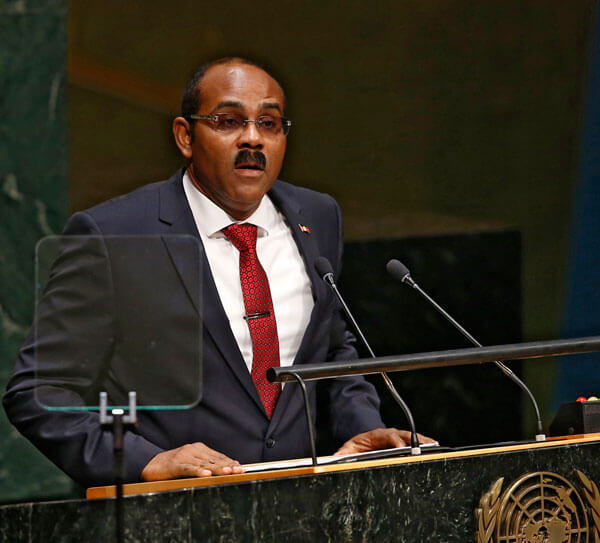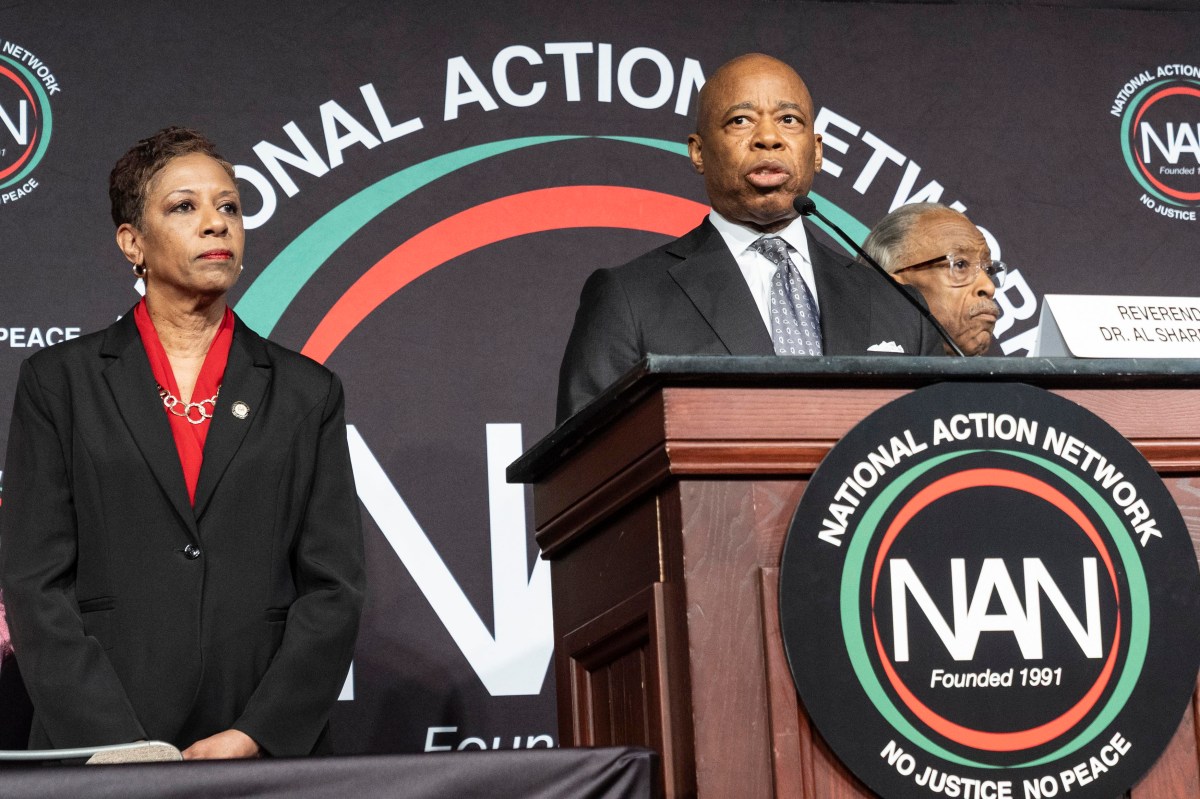A British minister whose portfolio includes the Caribbean and who quite bluntly said that London has no intention of paying reparations for the horrors of slavery has attracted stinging criticism from academics and politicians in the region, especially so because he made what is regarded as highly insensitive remarks on Caribbean soil.
Mark Simmonds had barely stepped off the plane from Heathrow Airport late last week when he told Jamaican journalists that Europe does not have the billions it would take to compensate the region for the Trans Atlantic slave trade but also that the genocide had happened so long ago that the time had come to focus on economic development today rather than the past.
Jamaican opposition legislator Mike Henry was the first to try to draw ‘blood’ from Simmonds calling his remarks “an insult to the Caribbean” while University of the West Indies Prof. Jermaine McCalpin says the impending lawsuit by Caribbean governments has much to do with the “issue of long-term injustice that has not – or has never been properly rectified morally, materially or any other way. The context of the lawsuit is to say, ‘Well, this is an act of injustice to have had this long-standing issue not properly addressed.”
McCalpin’s remarks were carried on the US NPR Radio Network this week.
Simmonds spoke as governments, academics, civil society activists including the Rastafarian Movement and attorneys are pressing ahead with the research and the arguments that would be necessary in any lawsuit against slave trading and owning nations like the Dutch, the British, the French and Spaniards among others.
Simmonds has since left Jamaica but not before stirring up the proverbial ant’s nest with his remarks.
“Do I think that we are in a position where we can financially offer compensation for an event two, three, four hundred years ago? No, I don’t. I made our position clear. We believe slavery was abhorrent and modern-day slavery is occurring and we need to work together to eradicate it totally, and that is the United Nation’s position. Clearly, slavery was abhorrent; slavery still is abhorrent, and we all need to work together to ensure that we eradicate it in totality wherever it exists. And I think we’ve got to focus on where our commonalities agree and I think that is eradicating slavery as it exists today.”
Governments have already established national committees in many of the Caribbean Community member states including the traditionally conservative Bahamas which has asked to be counted in among those going after the Europeans for making making millions of people of African origin work on sugar, tobacco, coffee and other plantations under inhumane conditions and without a single cent in wages or salaries for hundreds of years.
Additionally, Britain saw it fit to pay slave traders millions in compensation after the trade was abolished, saying they had lost out on an important trading commodity, even though it had involved humans rather than gold or bauxite for example.
Governments have already retained a British firm which recently won millions in compensations for Kenyan tribesmen who were severely abused by the British.
























